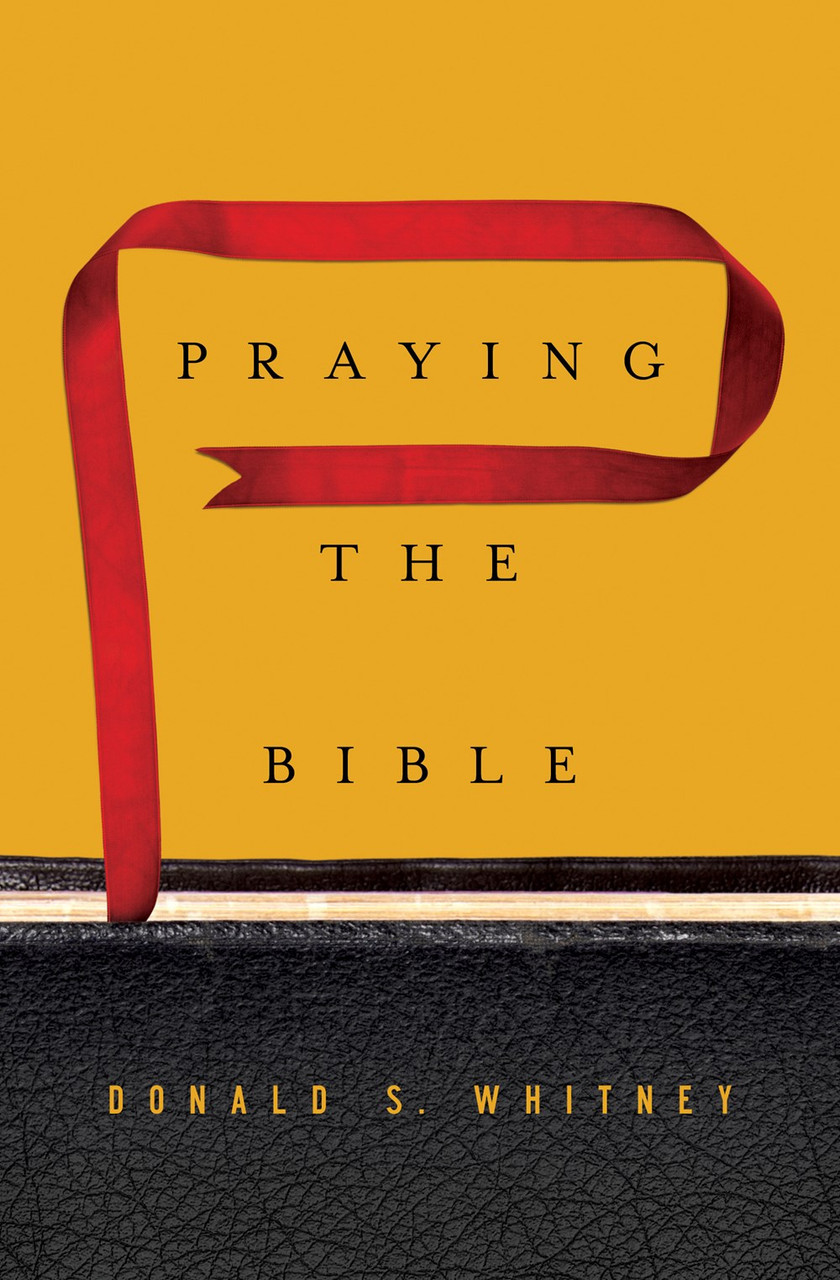
Discernment in Defending the Faith
“Then Simon Peter, having a sword, drew it and struck the high priest’s servant and cut off his right ear. (The servant’s name was Malchus.) So Jesus said to Peter, “Put your sword into its sheath; shall I not drink the cup that the Father has given me?”’ — John 18:10-11
We are called to preach in an era of irrational relativism and religious apathy. The enemies of the church, be they secularists, fanatics, atheists or liberals, are increasingly hostile to the gospel and its followers. Whether we like it or not, as Christians, we are constantly confronted with the cohorts of culture that seek to take captive our freedoms and hinder our mission. The world is ambivalent to God, hostile toward His Son, and antagonistic to His message. In light of these facts, how are we to respond when they come for us?
John 18 is a prime picture of the fallen creation. Man, once created in a garden, bathed in light, walking in harmony with God now lies in darkness, beset by weakness, hostility, and evil. Gone is the cool of the day in which God walked among His good creation; in Gethsemane, day is exchanged for night and the Maker of the Garden is the pursued rather than the pursuer.
Peter is ready for the darkness. He is armed and wakeful and when the enemies of God arrive, his desire is to not be counted among them. Ignorant of whom he really serves, he draws his weapon and strikes the ear of his opponent, blood is shed and likely Peter felt courageous defending Christ in the flesh. It reads like a movie trailer: One man between the forces of evil and the Messiah. Yet, we know according to Luke’s testimony that at this very moment Jesus interrupts the fray, “But Jesus said, “No more of this!” And he touched his ear and healed him.” (Luke 47:51) Jesus healed whereas His follower hurt.
Much can and has been said about this episode in Jesus’ life, most likely nothing new can be added. However, it presents a unique challenge to the modern Christian. As preachers, we are called to engage the world. A world shrouded in darkness, in hostile pursuit of our Lord, and we are armed with the sword of the Word. But what is our mission? What is our role in God’s battle plan? These might seem like simple questions, but often we lose sight of our place and end up strike the wrong target.
Jesus was always focused on His mission. Throughout the gospels He is sovereign over time and the course that His life must take. Even with His first miracle, when prompted by His mother to provide for a wedding, His response was, “My time has not yet come.” He silenced demons, because “His time had not yet come.” He removed Himself from murderous mobs because, “His time had not yet come.” But in this scene, in the garden, His time had come. He was committed to His mission. He saw past the torches, the guards, and the opportunity for a quick remedy. Jesus was focused on the heart — His heart that had to be pierced, and their hearts that had to be healed.
As Christians and ministers we have been given great power. God’s Word is power. By God’s Word the universe came into being, men were created from dust and de-created with flood, seas parted, rivers stood on end, walls fell, nations rose and were scattered. This Word is sharper than the two-edged sword wielded by Peter that night in the garden. As we grow in confidence in the Word, and we increasingly are impacted by its life-altering message, it can become easy to misuse the text for personal purposes. How easy is it for us to march to God’s defense with the tools we’ve been given, blissfully unaware of our own agenda, drunk with the derivative authority Scripture. Frequently when faced with the enemies of God we misjudge our mission; we draw our weapon and aim for the ears rather than the heart.
We must use discernment when we engage our philosophical opponents and confront enemies of the faith. When we face the enemies of God we would be well-served to remember that Jesus commanded that we take up the cross rather than the sword, that if we are to follow Him, we must serve others. When the world attacks Christ and His church, we must not respond in kind. Jesus did not call us to be His defenders; he called us to be His disciples, to serve rather than to save.
Our time is coming, indeed it has come, and we must see passed the torches, passed the rhetoric and see the frightened soldiers, scared and confused, who unwittingly serve the darkness that Christ has overcome. Brothers and Sisters, let us pick our battles and use our weapons wisely, for the sword may sever quickly but the Word has the power to save.
Col 4:5-6 “Walk in wisdom toward outsiders, making the best use of the time. Let your speech always be gracious, seasoned with salt, so that you may know how you ought to answer each person.”
How does God's Word impact our prayers?

God invites His children to talk with Him, yet our prayers often become repetitive and stale. How do we have a real conversation with God? How do we come to know Him so that we may pray for His will as our own?
In the Bible, God speaks to us as His children and gives us words for prayer—to praise Him, confess our sins, and request His help in our lives.
We’re giving away a free eBook copy of Praying the Bible, where Donald S. Whitney offers practical insight to help Christians talk to God with the words of Scripture.

